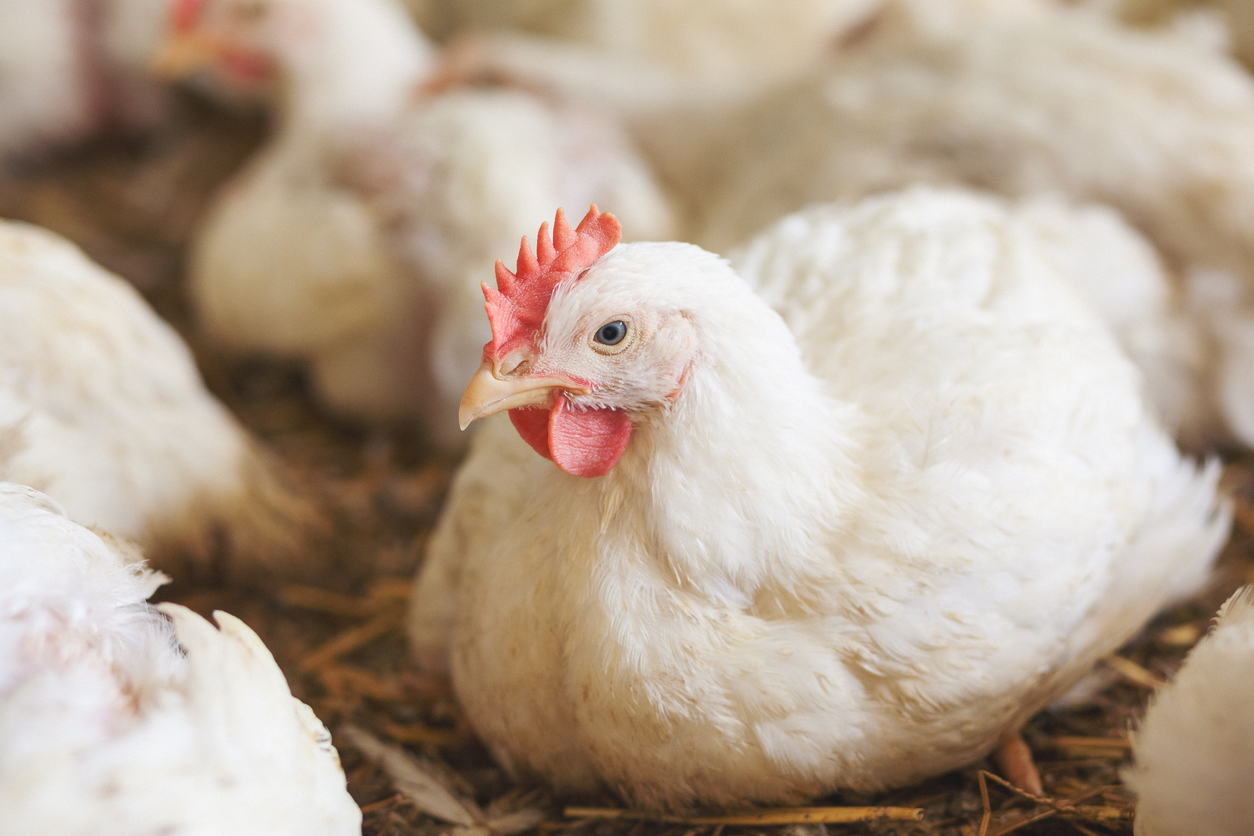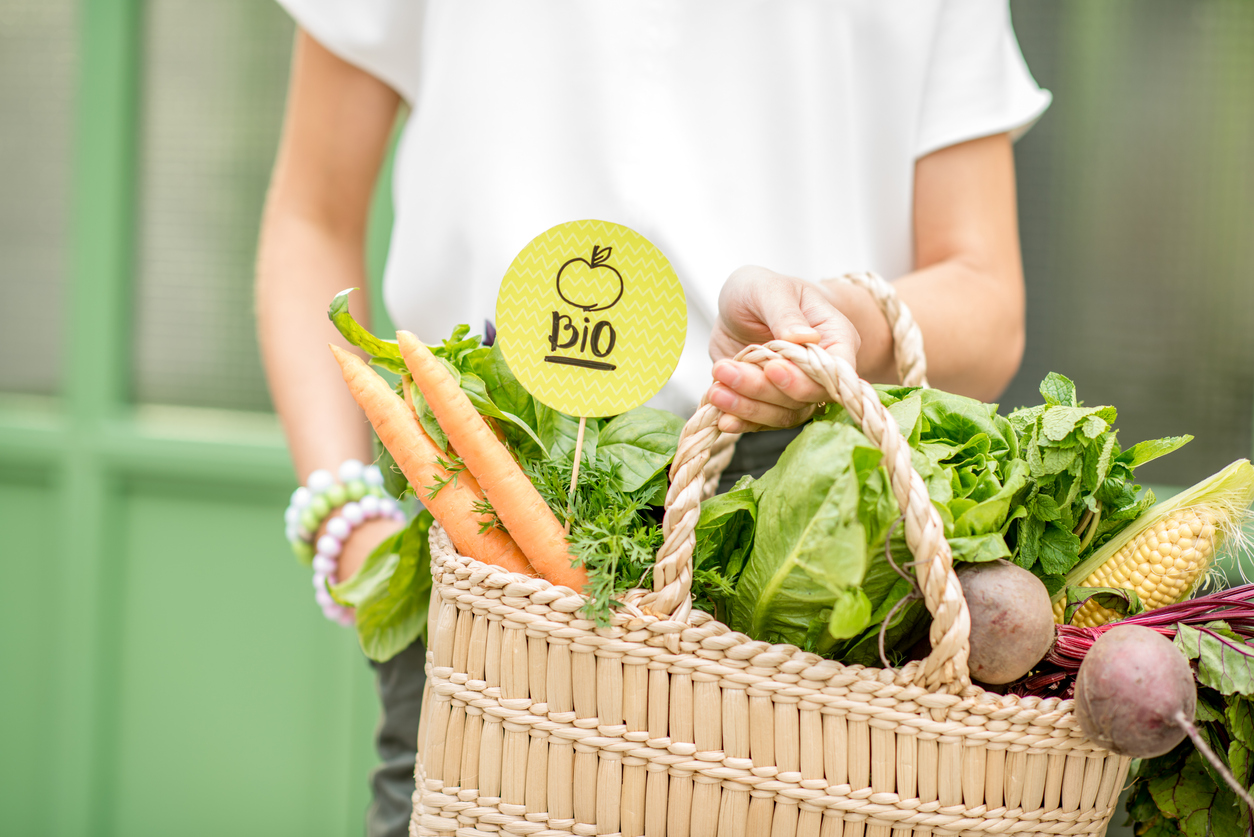Free-range eggs disappear from supermarket shelves following largest ever outbreak of avian influenza

Shoppers in the UK can no longer purchase free-range eggs from supermarkets, because of Government advice to curb the country’s largest ever outbreak of avian influenza.
Infection rates for the highly contagious H5N1 virus, also known as bird flu, began rising in the latter stages of 2021.
The outbreak was first discovered in North Yorkshire and has since spread across the country. This has led to the Government enforcing an Avian Influenza Prevention Zone in a bid to further limit the spread.
This legal requirement forces all bird keepers – whether they’re farmers or simply pet owners – to keep birds indoors and follow strict biosecurity measures.
The UK’s Chief Veterinary Officer, Dr Christine Middlemiss, told the BBC that the UK’s situation is one of many right now. She said: “We’re not on our own. There are a large number of outbreaks across the EU happening.
“This is a different strain to last year. We do need to understand why we are seeing more year-on-year outbreaks, and understand what’s behind that,” she added. “We can’t wait until another year and have an even bigger outbreak. So, we will be working not just with our own scientists but internationally, to understand more of what we can do about what’s behind it.”
For farmers, the prevalence of the virus has meant keeping flocks inside barns instead of allowing them to roam free.
Such restrictions have a 16-week ‘grace period’, meaning farmers were able to retain their free-range status despite keeping their birds indoors. However, as of this week, the grace period has elapsed.
The result is that supermarkets are now unable to sell free-range eggs – instead offering ‘barn eggs’.
While the measures require birds to be kept indoors, the RSPCA says both barn and free-range produced eggs meet its welfare standards.
This is because even with so-called barn eggs, the hens who lay them have the freedom to move around. They also have access to perches for roosting and nesting boxes.
Barn-raised birds are not to be confused with caged birds, the organisation says, which offer a dramatically worse living situation for animals. Such birds often have less than the size of an A4 piece of paper for moving around.
Among its many ethical and health-related issues, caged bird farming often has a prevalence of fast-growing chickens. This refers to chickens that have been selectively bred to reach maturity quicker.
The Humane League has exposed the rampant animal welfare concerns related to the practice, and is currently challenging Defra with a judicial review.
However this practice doesn’t mean that free-range farming is without fault. In the UK, the only stipulations for free-range are that the animal has access to the outdoors for at least half of its life, and that there should be no more than 13 birds per square metre of land.
The rest is largely up to the discretion of farmers, meaning “ethically ambiguous” practices can still be carried out on free-range farms, such as beak burning to prevent birds from pecking at each other in more confined spaces.
Scientists have confirmed the H5N1 virus poses a very low risk to humans, though several people have been infected around the world and a number of these have died.
What is more likely is a disruption to consumer behaviour. Brits overwhelmingly support free-range bird farming, with the RSCPA releasing data last month that revealed 85% believed it was “unacceptable” for hens to be kept in cages.








